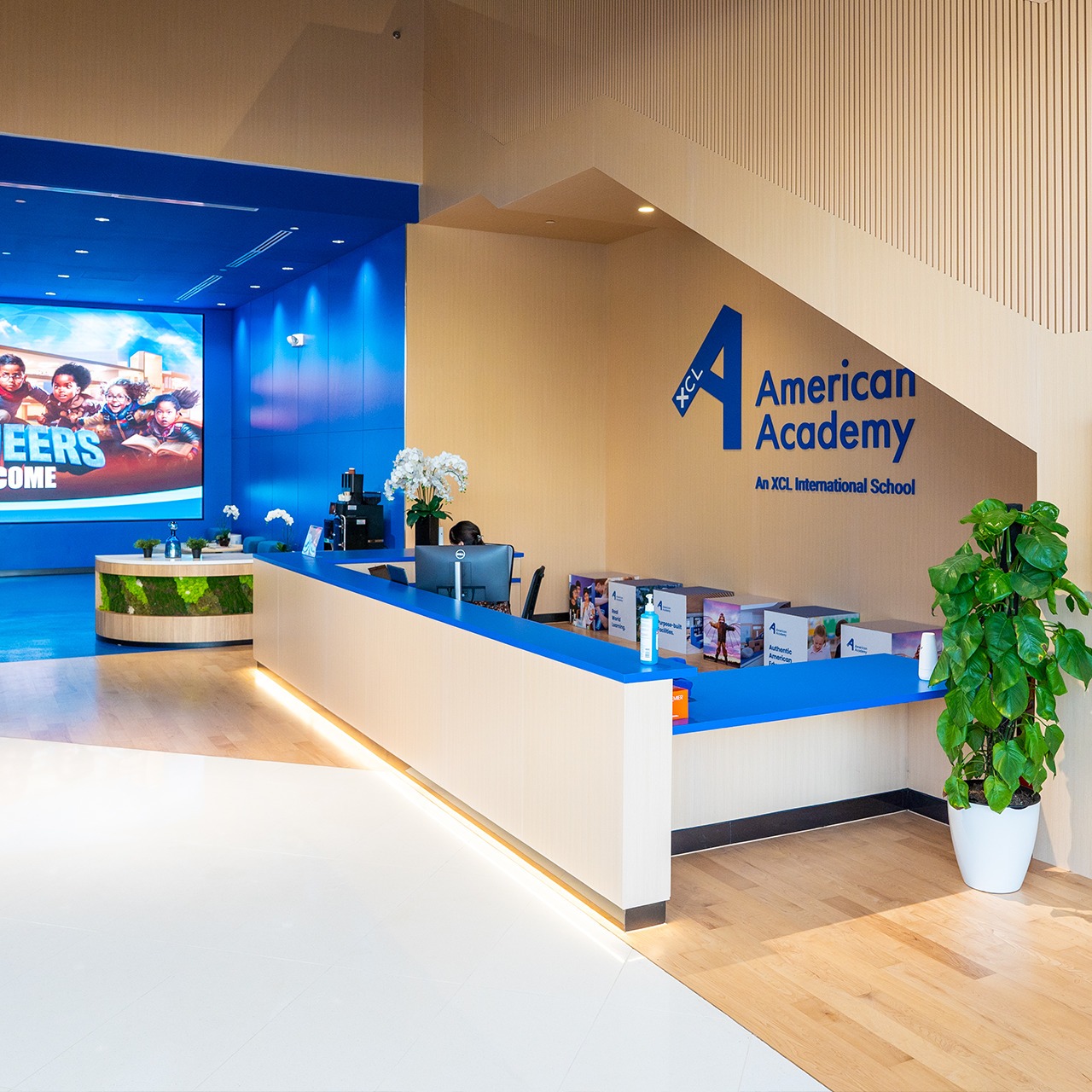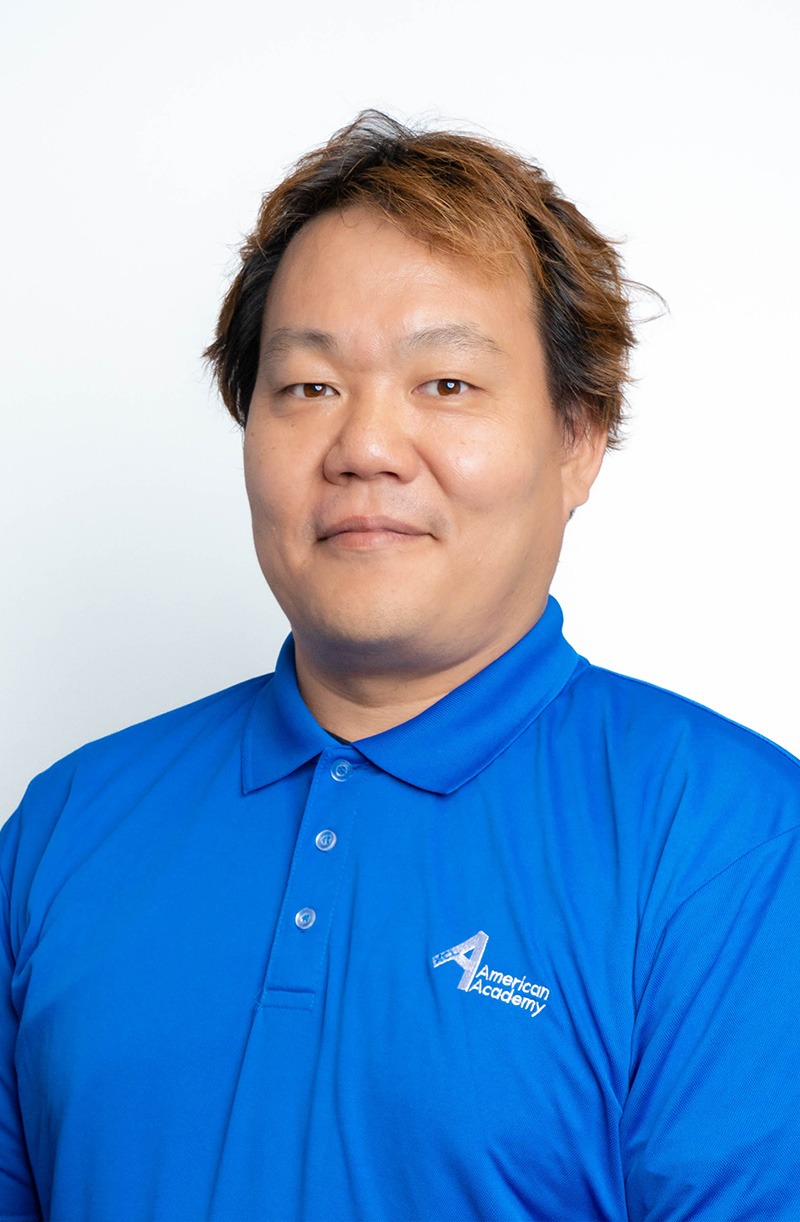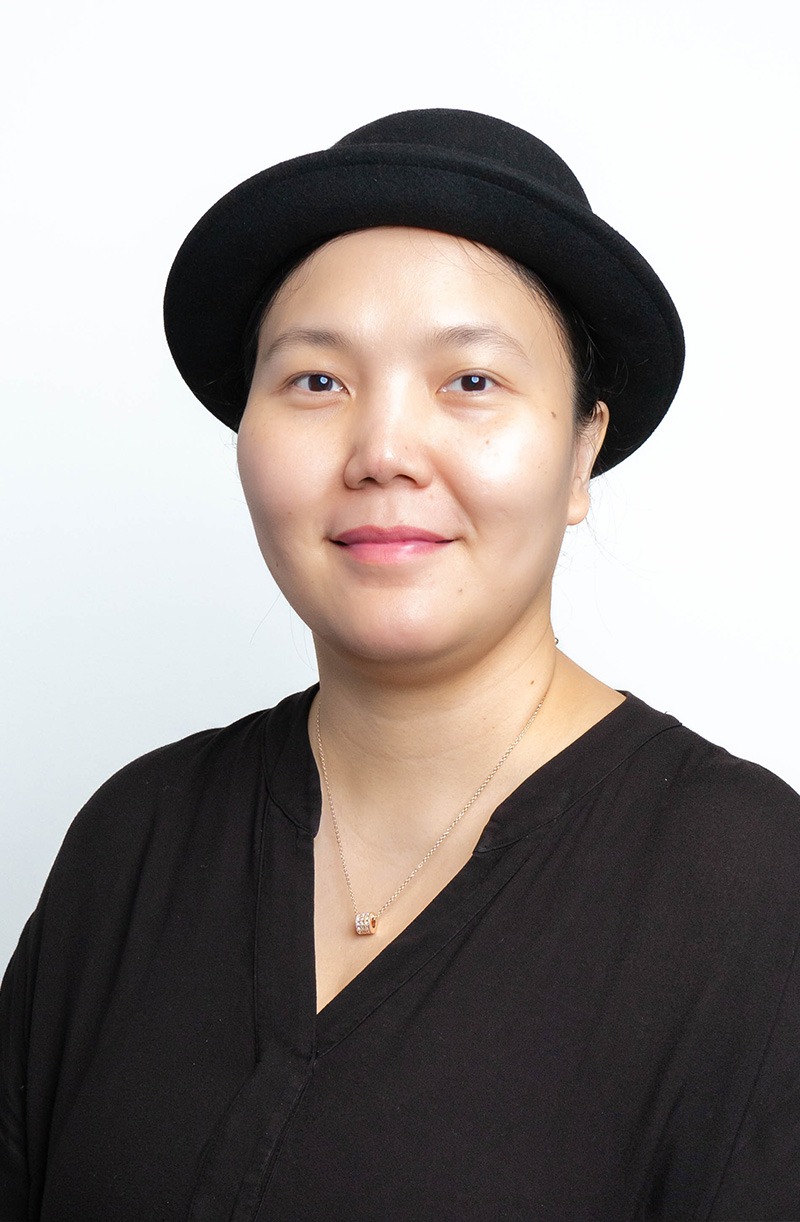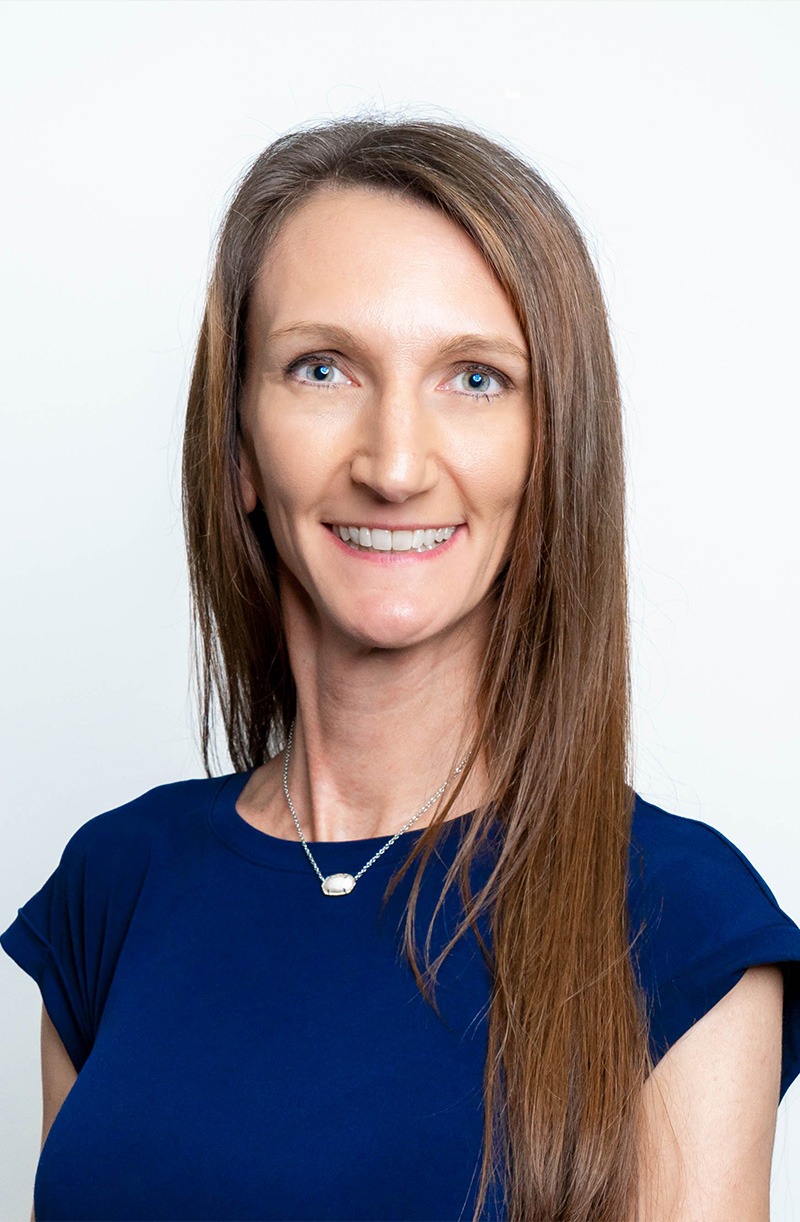Nurturing the Growth Mindset

Growth mindset is a buzzword common in education topics. It especially caught on in talks between teachers, parents, and the education community, more so because this term encapsulated an idea that will make kids grow, think, and dream better.
But what exactly is a growth mindset? And how will the right growth mindset benefit your child? What is the school and education’s role in fostering the right growth mindset for your child? Read on to find out more.
- What is a growth mindset?
- Growth mindset vs fixed mindset
- Reversing a fixed mindset
- Developing a growth mindset
What is a growth mindset?
First introduced by Dr. Carol Dweck of Harvard University, having a growth mindset is said to be having a positive way of viewing challenges and setbacks. People who have a growth mindset are said to believe that with work, their skills can improve over time, even if they struggle with it for the first time.
Dweck, who studies human motivation, spends time on understanding why people succeed – and why others do not — and what is within our control to be able to succeed at what we do. Her study led her to formulate two theories, one of them being the growth mindset.
In her study, she believes that whether consciously or subconsciously, the power of our basic beliefs strongly “affect what we want and whether we succeed in getting it.” Dweck posits that the growth mindset creates a powerful passion for learning, practice, and effort, and therefore allows people who have it are able to strive during the most difficult and trying times and learn from them in the process to be better at it.
Kids who adopt a growth mindset are more likely to have the following characteristics:
- Embrace lifelong learning,
- Believe intelligence can be improved,
- Put in more effort to learn,
- Believe effort leads to mastery,
- Believe failures are just temporary setbacks,
- View feedback as a source of information,
- Willingly embraces challenges,
- View others’ success as a source of inspiration; and
- View feedback as an opportunity to learn.

Growth Mindset vs Fixed Mindset
The other theory Dweck discovered is the fixed mindset. According to the good doctor, some people have a fixed mindset, meaning they believe that intelligence, talent, and other qualities are unchangeable and innate in a person. In other words, they believe that if you are not good at something, it means that you can never be good at it ever.
Kids with a fixed mindset are more likely to have the following characteristics:
- Believe intelligence and talent are static,
- Avoid challenges to avoid failure,
- Ignore feedback from others,
- Feel threatened by the success of others,
- Hide flaws so as not to be judged by others,
- Believe putting in the effort is worthless,
- View feedback as personal criticism; and
- Give up easily.
In students, obviously, having a growth mindset is ideal. Students who have a growth mindset view whatever challenges they encounter in school (and life in general) as opportunities to grow and progress towards the outcomes they desire.
For example, a kid who is not doing well in math but has a growth mindset is open to not just memorizing math, but conquering learning math by either mastering mental math and math concepts, practicing how to problem solve, and gaining feedback from peers who do it well, teachers, and even parents.
Dweck shared a more comprehensive example, comparing kids with a growth mindset and those who have a fixed mindset. Dweck said that she heard about a group of students in Chicago who need to pass a certain number of courses to graduate, and for those who don’t were issued a grade of “Not Yet.”
The good doctor said this gave her insight on how children coped with challenges and difficulties. Kids with a growth mindset welcome any challenge or difficulty head-on. Some kids who have a fixed mindset, may look for an easy way out, like cheating, or look for someone who did poorly than them so they can feel good about the defeat.
Reversing a Fixed Mindset
If there’s one thing to note here, it is this: environment may play a factor in cultivating a child’s mindset. What kind of environment were the kids surrounded with to have a fixed mindset? What makes kids with a fixed mindset get obsessed with getting A’s instead of getting excited or passionate about overcoming their learning challenges?
But another more pressing thing should also be raised here: how does one reverse a child’s fixed mindset and cultivate a really good growth mindset? Dweck said praising the work ethic, instead of a child’s intelligence or talent, is the answer.
In addition to the environment, researchers noted that having teachers who practice the right praise and feedback can greatly affect a child’s mindset. For example, teachers who praise kids for their hard work and work ethics rather than their intelligence or their ability to ace tests are more likely to inspire poor-performing kids to try harder or seek guidance to be better without using an easy way out, like cheating.

Developing a Growth Mindset
At XCL American Academy, developing your child’s growth mindset is front and center, among other things.
As the American International School in Singapore, XCL American Academy prides itself as a School for the Pioneers, offering authentic American Education to their students. The school believes in equipping students with the right mindset, tools and experiences to help them be successful at everything they do while also embracing the core American values of respect, honor and courage.
Developing a growth mindset in students requires an environment that offers strong academic and pastoral care. XCL American Academy carefully selected the very best curriculum programs tried and tested not only in the United States, but also globally. The school adopts rigorous AERO Curriculum guidelines, the Common Core standards issued by the United States Department of Education, and also offers internationally recognized programs such as Everyday Math from the University of Chicago, Inspired Science and a balanced approach to literacy with materials from Scholastic.
The Next Step
A child’s intelligence and ability are not innate nor something that is born into – both qualities can be nurtured through learning and effort. Developing growth-minded people requires a conscientious effort to create and provide access to the right school environment where kids are encouraged to pursue excellence and realize their potential for greater things.
By focusing on what really matters not just to students, but to you as parents, it is important to choose a school that offers a high quality, exceptional value, values-driven learning experience to cultivate a growth mindset, and be accessible to all.
Check out XCL American Academy’s proven curriculum for students ages 3 to 14 here.
This website uses cookies to improve user experience. By using our website you consent to all cookies in accordance with our Privacy Policy.





